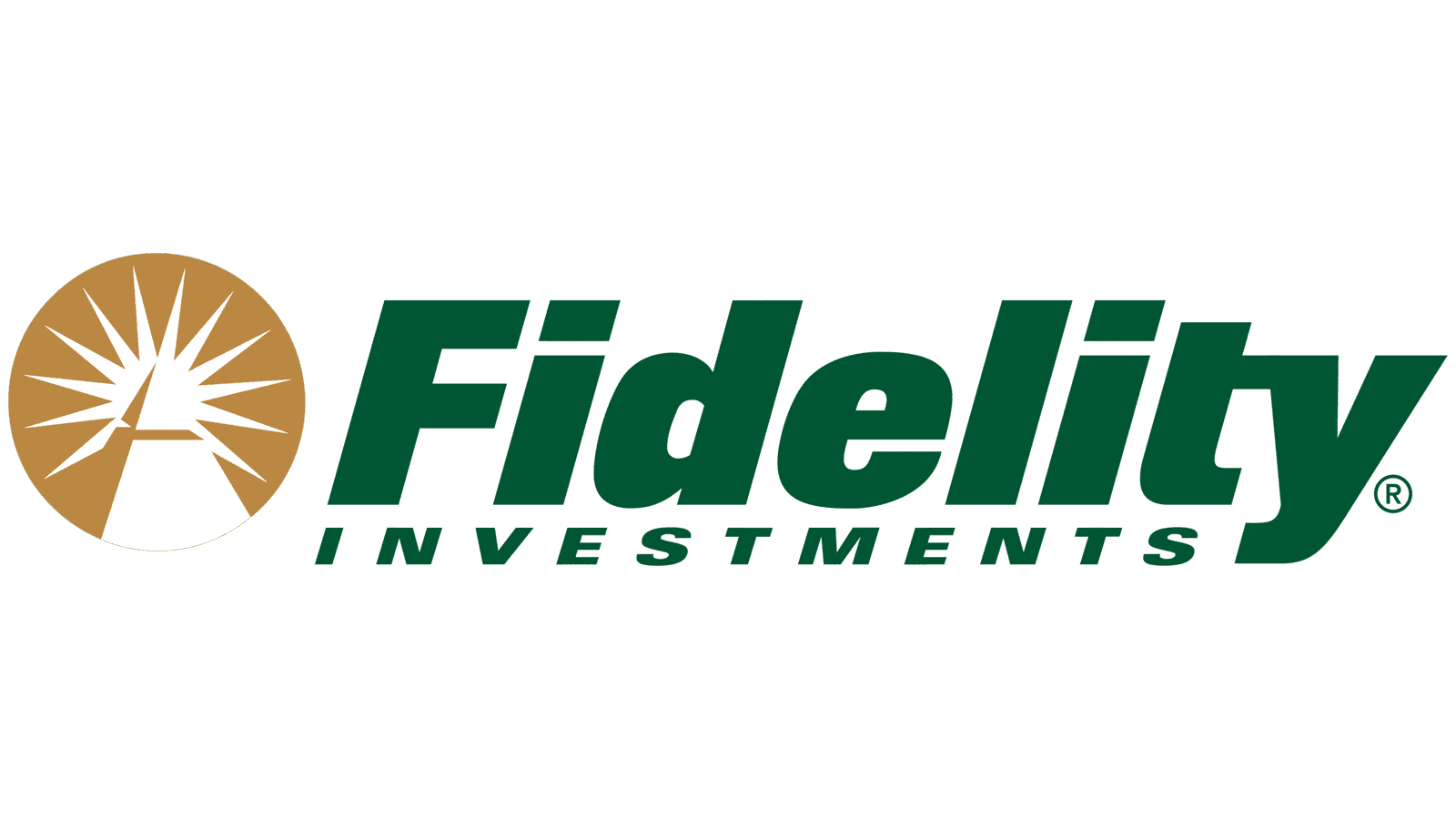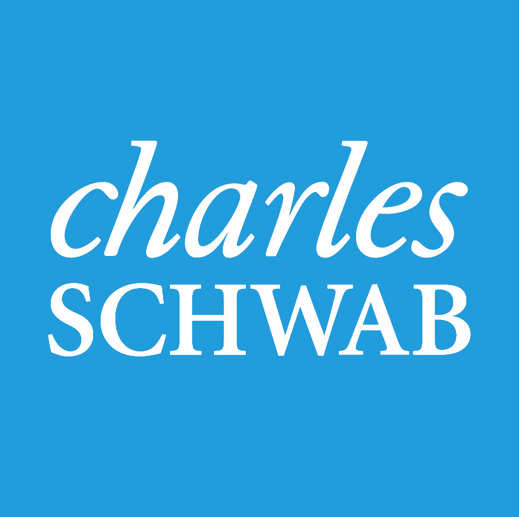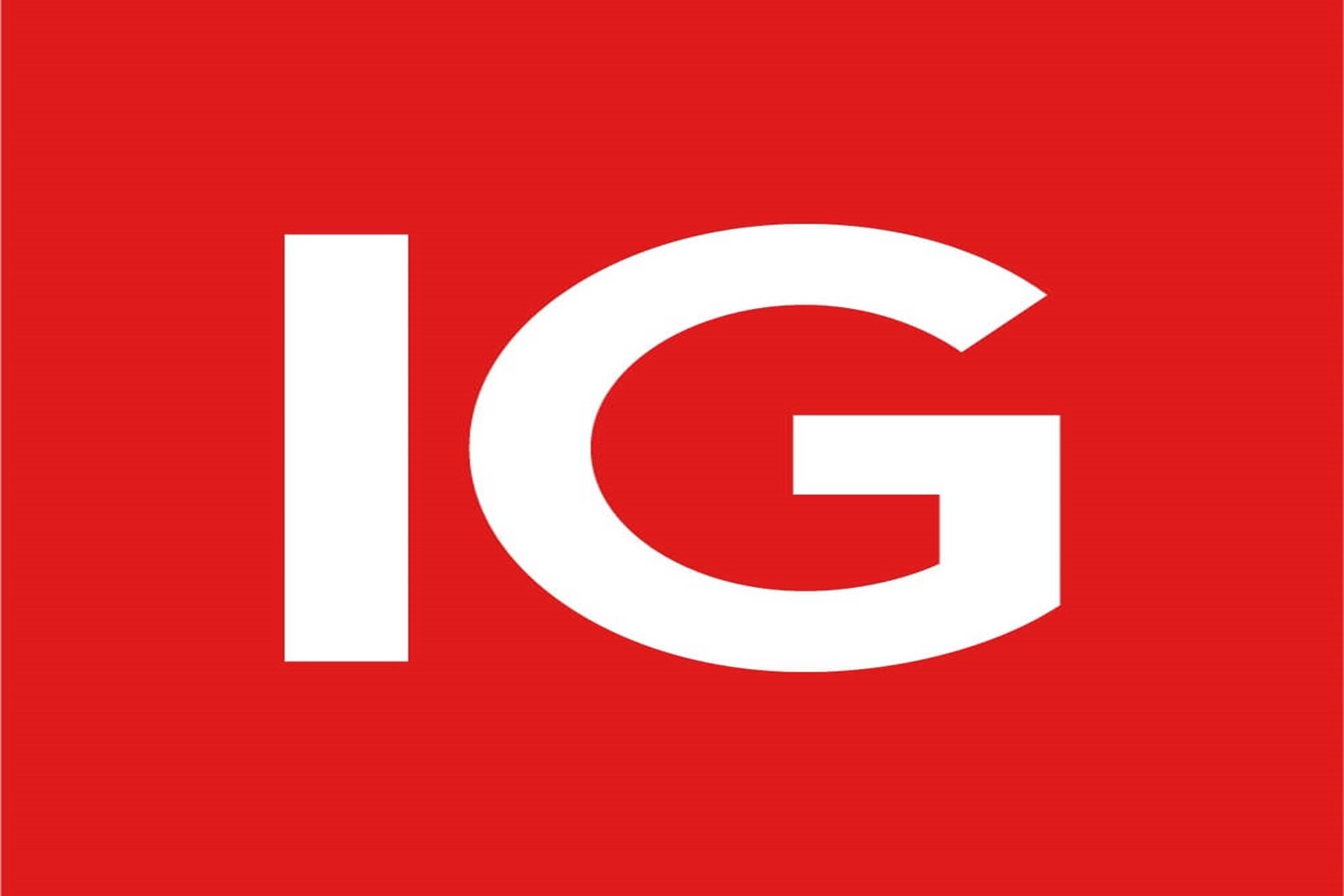Best Online Brokers for Beginners 2025
Compare the top beginner-friendly trading platforms with low fees, educational resources, and easy-to-use interfaces
Best Brokers for Beginners
Our top picks for beginner-friendly trading platforms in 2025

Fidelity Investments
Best overall for beginners with excellent educational resources and $0 account minimum

Charles Schwab
Best for paper trading and access to thinkorswim platforms

eToro
Best for copy trading and social investing

IG
Best forex broker for beginners with excellent education
Robinhood
Best for a seamless mobile experience
SoFi Active Investing
Best for advisor access and all-in-one financial app
Broker Comparison
See how the top brokers for beginners stack up against each other
| Broker | Minimum Deposit | Stock/ETF Commissions | Fractional Shares | Education | Demo Account |
|---|---|---|---|---|---|
| Fidelity Investments | $0 | $0 | Yes ($1 min) | Excellent | No |
| Charles Schwab | $0 | $0 | Yes ($5 min) | Excellent | Yes |
| eToro | $50 | $0 | Yes | Good | Yes |
| IG | £250 | Variable | Yes | Excellent | Yes |
| Robinhood | $0 | $0 | Yes | Basic | No |
| SoFi Active Investing | $0 | $0 | Yes ($5 min) | Good | No |
Key Features for Beginner Brokers
What to look for in a beginner-friendly trading platform
1. Low or No Minimum Deposit
As a beginner, you'll want a broker that lets you start small. Many top brokers now offer $0 minimum deposits, allowing you to begin investing with whatever amount you're comfortable with :cite[1]:cite[6].
2. Commission-Free Trading
Most major brokers now offer $0 commissions on stock and ETF trades, which is essential for beginners who may be making smaller trades :cite[1]:cite[9]. Be aware of other potential fees like options contracts or mutual fund transactions.
3. Fractional Shares
The ability to buy fractional shares lets beginners invest in expensive stocks like Amazon or Google with small amounts of money. Look for brokers offering fractional shares with low minimums ($1-$5) :cite[5]:cite[9].
4. Educational Resources
Quality educational content is crucial for beginners. The best brokers offer articles, videos, webinars, and even interactive courses to help you learn investing basics :cite[3]:cite[5].
5. User-Friendly Platform
A clean, intuitive interface makes learning to invest much easier. Many brokers now offer simplified platforms specifically designed for beginners :cite[2]:cite[4].
6. Demo Accounts
Practice accounts with virtual money let you test strategies risk-free. Some brokers like IG offer unlimited demo accounts, while others have time limits :cite[3]:cite[4].
Beginner Broker FAQ
Answers to common questions about choosing a broker
Many top brokers now require $0 to open an account, and with fractional shares, you can start investing with as little as $1-5. We recommend starting with at least $100-200 to properly implement diversification and risk management strategies :cite[1]:cite[6].
A stock broker gives you direct control over your investments, while a robo-advisor automatically manages your portfolio based on your risk tolerance. For beginners who want hands-off investing, robo-advisors can be a good option, but traditional brokers offer more flexibility and learning opportunities :cite[6].
All the brokers we recommend are regulated by major financial authorities (like the SEC in the U.S. or FCA in the UK) and carry SIPC insurance (or equivalent) which protects up to $500,000 of your assets :cite[1]:cite[3].
For complete beginners, we recommend Fidelity or Charles Schwab for their excellent educational resources, $0 minimums, and strong customer support. If you're interested in forex trading, IG is our top pick for beginners :cite[1]:cite[3]:cite[5].
Yes, many brokers offer demo accounts with virtual money. IG offers an unlimited demo account with $10,000 in virtual funds, while Charles Schwab provides paper trading capabilities through their thinkorswim platform :cite[4]:cite[10].
Disclaimer: Forex trading involves significant risk of loss and may not be suitable for all investors. You could lose more than your initial investment due to the high leverage involved. Past performance does not guarantee future results. All content on this website is for educational purposes only and should not be considered financial advice. We are not licensed financial advisors or brokers. Currency markets are volatile and prices may change rapidly. We make no representations about the accuracy, completeness, or timeliness of any information provided. Testimonials or examples shown are exceptional results not typical for average users. This website does not accept responsibility for losses incurred from trading decisions made based on its content. Some services may not be available in your jurisdiction due to local regulations. You alone are responsible for understanding the risks and making your own trading choices. Always consult a qualified financial advisor before making investment decisions. By using this site, you acknowledge these risks and agree that we are not liable for any trading losses.
